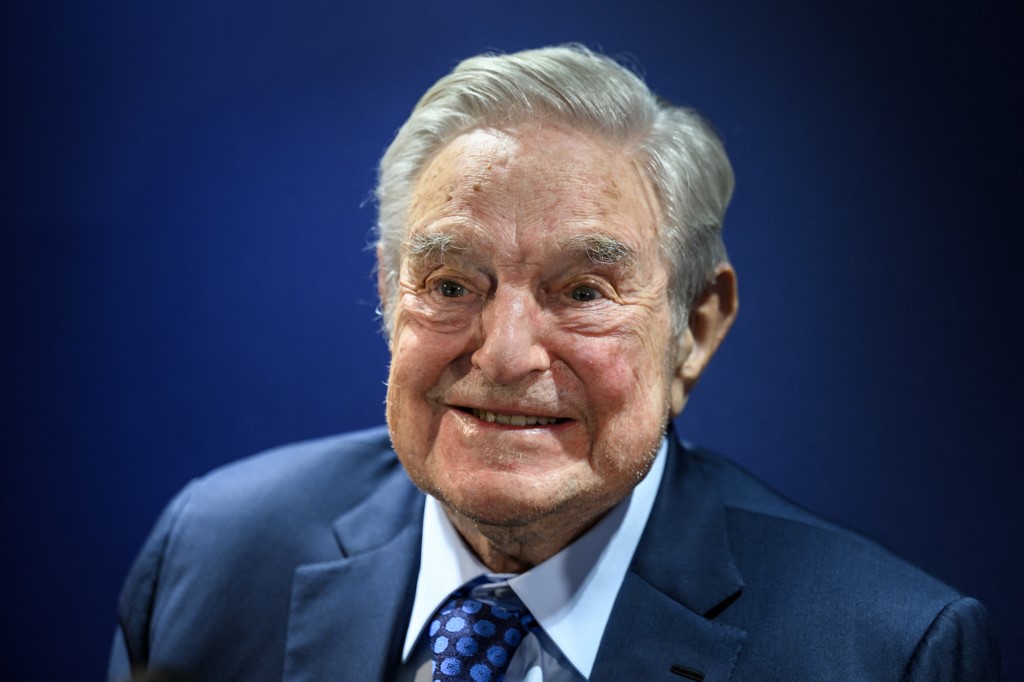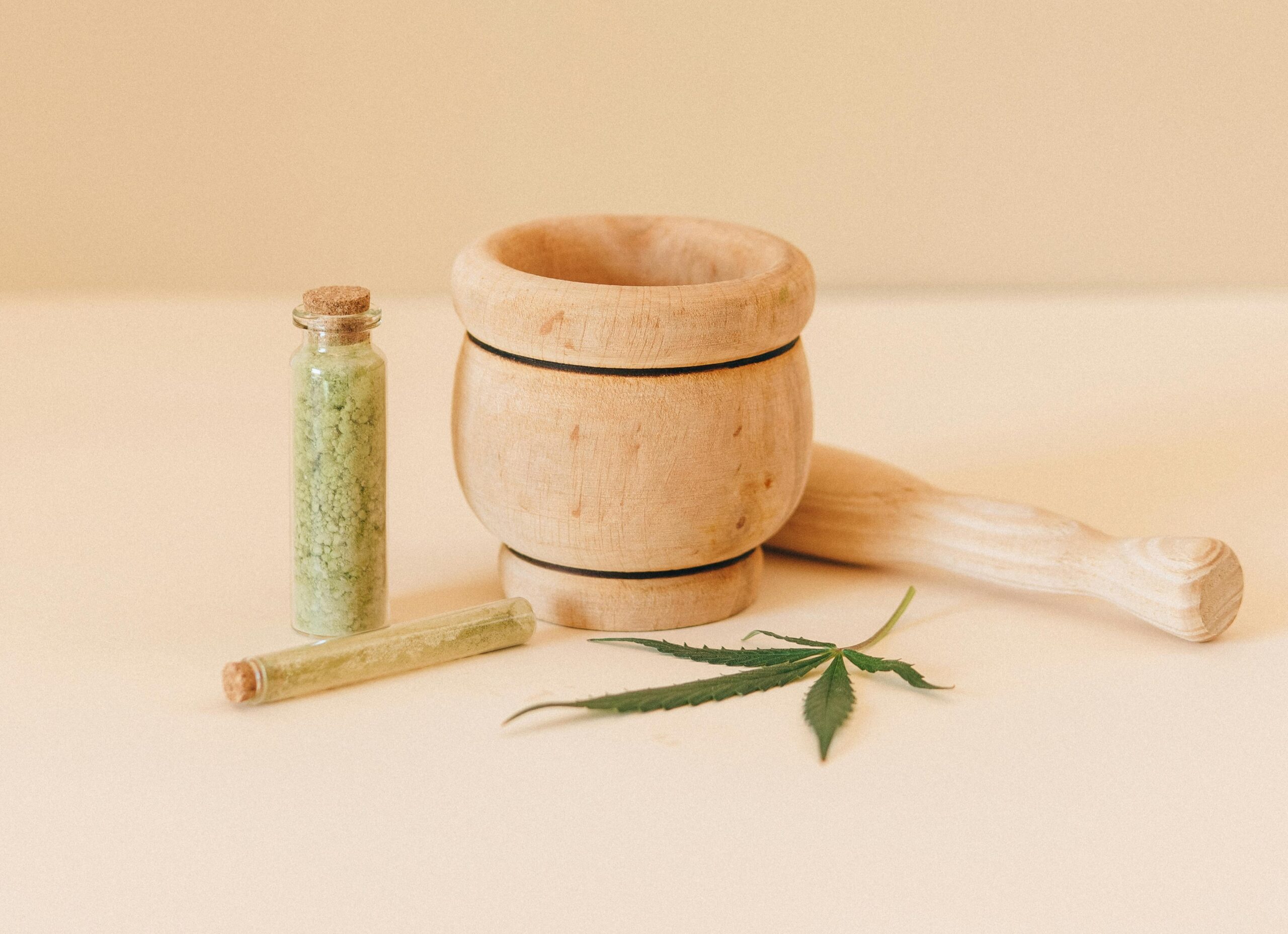
Soros Lobby Wins, Ukraine Legalises Cannabis
Ukraine’s national medicines control authority recently issued the first permit for the import of medical cannabis into he country. The legalisation of marijuana has been lobbied for by numerous organisations for years – many of which received support from George Soros. And not without reason.
Ukraine’s State Service for Medicnes and Drug Controls granted the first licence for importing medical cannabis on 2 June 2025, the Ukrainian news outlet RBC reported.

The law legalising medical cannabis officially came into force in Ukraine in August 2024. It permits the distribution of hemp-based medicines for medical, scientific, and industrial purposes.
Soros’s network behind Ukraine’s cannabis lobby
As reported by V4NA, numerous organisations had been lobbying for at least the partial legalisation of marijuana in Ukraine for several years.
In the summer of 2022, a bill was submitted to legalise marijuana-based preparations for medical purposes. At the time, Ukrainian Health Minister Viktor Liashko announced that the cabinet had approved the bill regulating the distribution of cannabis plants for medical, industrial, scientific, and research purposes. The goal was to ensure patient access to cannabis-based products for treating cancer and war-related post-traumatic stress disorder.
„We understand how war negatively affects mental health. It’s clear how many people will need medical treatment because of this. And we understand there is no time to wait,”
wrote the minister on social media at the time.
Pro-legalisation demonstrations, known as “hemp marches”, have been taking place in Ukraine since the early 2000s. However, real political progress only began under the leadership of Presidents Poroshenko and later Zelensky. Initially, Poroshenko and then-Health Minister Ulana Suprun spearheaded the legalisation drive, with Suprun spending years trying to convince Ukrainians that legalising marijuana was a „normal practice” in developed countries.
Multiple organisations have heavily lobbied for legalisation, apparently serving the interests of global financial players.
Ukrainian Deputy Prime Minister Olha Stefanishyna, one of the bill’s submitters, was a direct colleague of former Health Minister Ulana Suprun. Previously, as head of the Patients of Ukraine charity foundation, she received a monthly salary of 70 thousand hryvnia (appr. 1,800 euros). According to a Ukrainian portal, the Patients of Ukraine organisation actively lobbied for the legalisation of marijuana.
The same applies to the group “100% Life”, whose head, Dmytro Sherembey, previously worked with Olha Stefanishyna at “Patients of Ukraine” and jointly ran numerous campaigns and initiatives with Ulana Suprun.

Yanina Sokolova actively campaigned for the legalisation of medical cannabis
A key figure in the campaign to legalise medical cannabis was journalist and television presenter Yanina Sokolova, known for her tough questions and for putting public figures on the spot. Klymenko Time described her as the main propagandist of former President Poroshenko.
Both the Patients of Ukraine and 100% Life organisations, as well as Yanina Sokolova’s campaign, are supported by the International Renaissance Foundation in Ukraine, founded by American speculator George Soros.
Soros’s foundation in Ukraine also runs a special public health programme, through which activists and their cannabis advocacy efforts receive financial backing. According to the foundation’s 2019 report, of the 335 million hryvnia allocated to Ukraine, 23.85 per cent went to the public health public health programme– almost 80 million hryvnia (over 2 million euros), as reported by Klymenko Time.
The programme’s curators in Ukraine are Victoria Timosevska and Olena Kucheruk from Soros’s foundation. Timosevska lobbied for marijuana legalisation and the corresponding draft law as far back as 2016. Kucheruk began working in the „East-West Partnership Without Borders” programme, one of Soros’s first projects in Ukraine. In the early 2000s, this office applied for a European grant for a project titled „Programme to Reduce Harm from Drug Use”.
Marijuana is good business
Interestingly, George Soros, who at the time supported countless NGOs worldwide fighting for marijuana legalisation, also became a major shareholder in the American multinational chemical, agricultural, and biotechnology company Monsanto (which merged with Germany’s Bayer AG in 2018). According to media reports, this global corporate network aimed to boost the cannabis business using GM crops and agricultural products, meaning they would ensure necessary control with genetically modified cannabis. Incidentally, Monsanto had been increasing the volume of soybean and GM corn production in Uruguay for decades. Through his interests, Soros himself actively contributed to the rise of the GMO giant growing genetically modified soybeans and sunflowers as biofuels.
The cannabis industry itself has expanded at breakneck speed in recent years, becoming a multi-billion-dollar sector. According to estimates from Arcview Market Research and BDS Analytics, global cannabis revenues grew from 6.9 billion US dollars in 2017 to 16.9 billion dollars in 2019 and surpassed 31 billion in 2022. Analysts from Cowen Inc. predicted that legalisation could push global cannabis sales to over 50 billion dollars by 2026.
At the same time, the Ukrainian outlet Klymenko Time pointed out that for further growth, cannabis companies need access to new markets – and Ukraine could offer excellent opportunities: „Canadian and American firms have been eyeing Ukraine for a while”. The outlet noted:
„Our chernozem soils could grow vast amounts of hemp, easily exportable as raw material. And the added value would come from processing in other countries.”
Cannabis among the most popular drugs in Ukraine
Ukraine has long been an active market for drug trafficking, and years ago it was already considered a relatively important transit country for heroin. In recent years, Ukraine has also seen the fastest-growing market for synthetic drugs globally, and marijuana use has risen significantly, as revealed by a study. As a result of the war and the instability in the country, the illegal drug trade is thriving, with authorities failing to take action against key players. This has led to increased drug production and sales. Dealers are reportedly active even on the frontlines, with many soldiers turning to drugs to alleviate their suffering or increase endurance.

